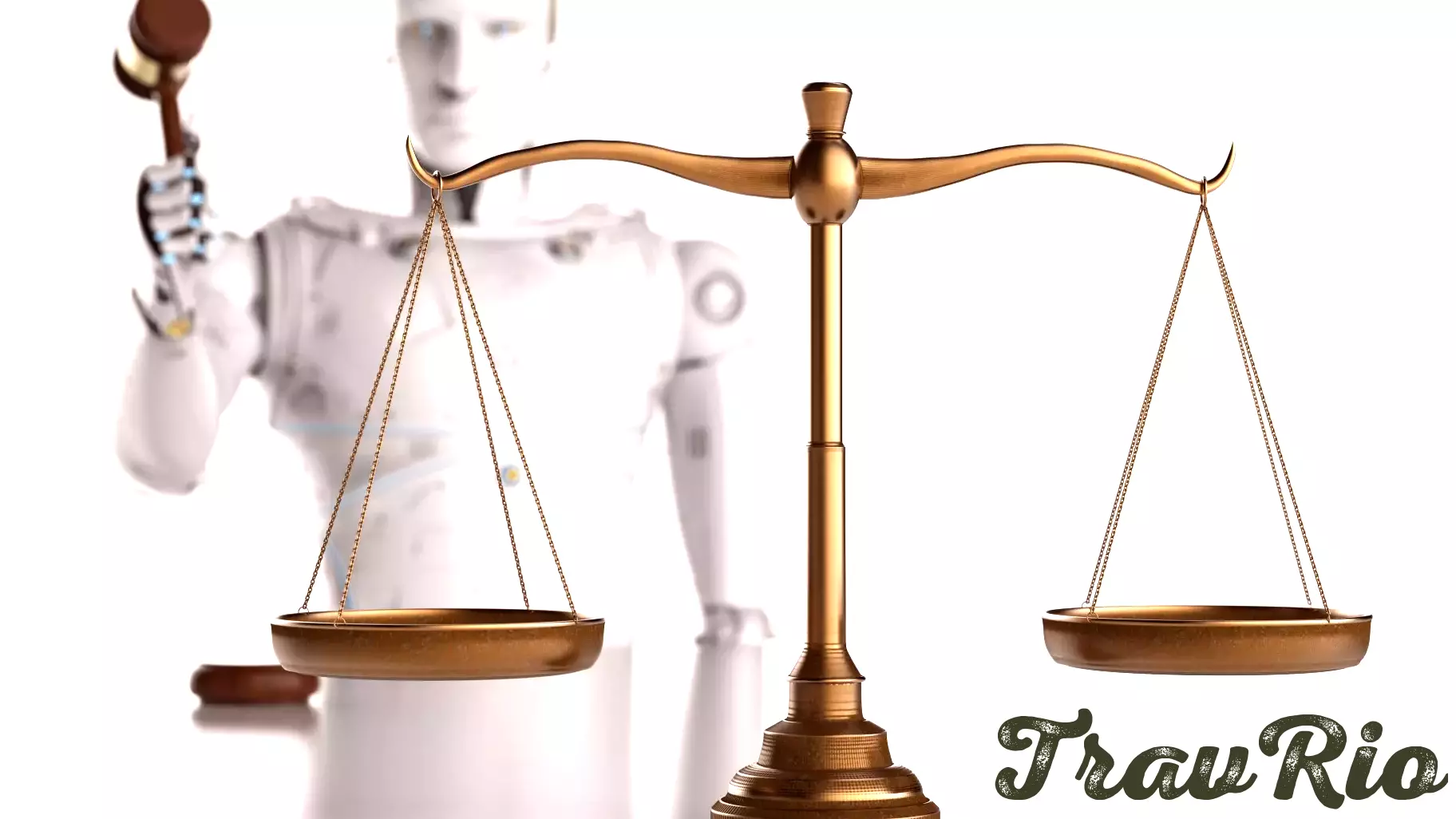The Urgent Need for Ethical Boundaries in AI Development
April 14, 2025 - 02:54

As artificial intelligence continues to advance at an unprecedented pace, it is crucial to confront the challenging questions surrounding the capabilities and rights of AI systems. The potential for AI to gain legal personhood raises significant ethical and societal implications that demand immediate attention. If AI were to be granted such status, it could fundamentally alter the dynamics of accountability and responsibility in various sectors, including law, employment, and personal rights.
The consequences of allowing AI systems to operate with legal personhood could be dire. It could lead to a scenario where machines make decisions without human oversight, complicating issues of liability and ethical responsibility. This situation could undermine the very fabric of human accountability and decision-making, creating a landscape where people may struggle to navigate their rights and responsibilities in relation to intelligent systems.
Now is the time for policymakers, technologists, and society at large to engage in a rigorous dialogue about the limitations and regulations that should govern AI. Without proactive measures, the future may arrive sooner than anticipated, potentially reshaping our world in ways we are not prepared to handle.
MORE NEWS

January 31, 2026 - 00:52
Pentagon Appoints Veteran Tech Leaders to Spearhead Critical Innovation InitiativesThe Department of Defense has named six seasoned technology experts to lead its portfolio of Critical Technology Areas (CTAs). This strategic move aims to accelerate the development and integration...

January 30, 2026 - 00:25
IHG’s Technology Momentum Picks Up Pace as It Names AI Leader to Drive the Next Wave of Innovation |InterContinental Hotels Group (IHG Hotels & Resorts) is significantly accelerating its focus on advanced technology by appointing a dedicated leader to spearhead its artificial intelligence...

January 29, 2026 - 11:12
Kandi Technologies Enters into Strategic Cooperation with Qiji Energy, a Subsidiary of CATLA new strategic cooperation agreement aims to rapidly expand battery swap infrastructure, a critical step for the large-scale adoption of electric heavy-duty trucks. The partnership was formally...

January 28, 2026 - 10:46
Scientists just put a powerful computer inside a single threadImagine a shirt that feels ordinary, yet monitors your health in real-time, adjusts its own temperature, or guides you through a city by tracking local transit and points of interest. Envision that...